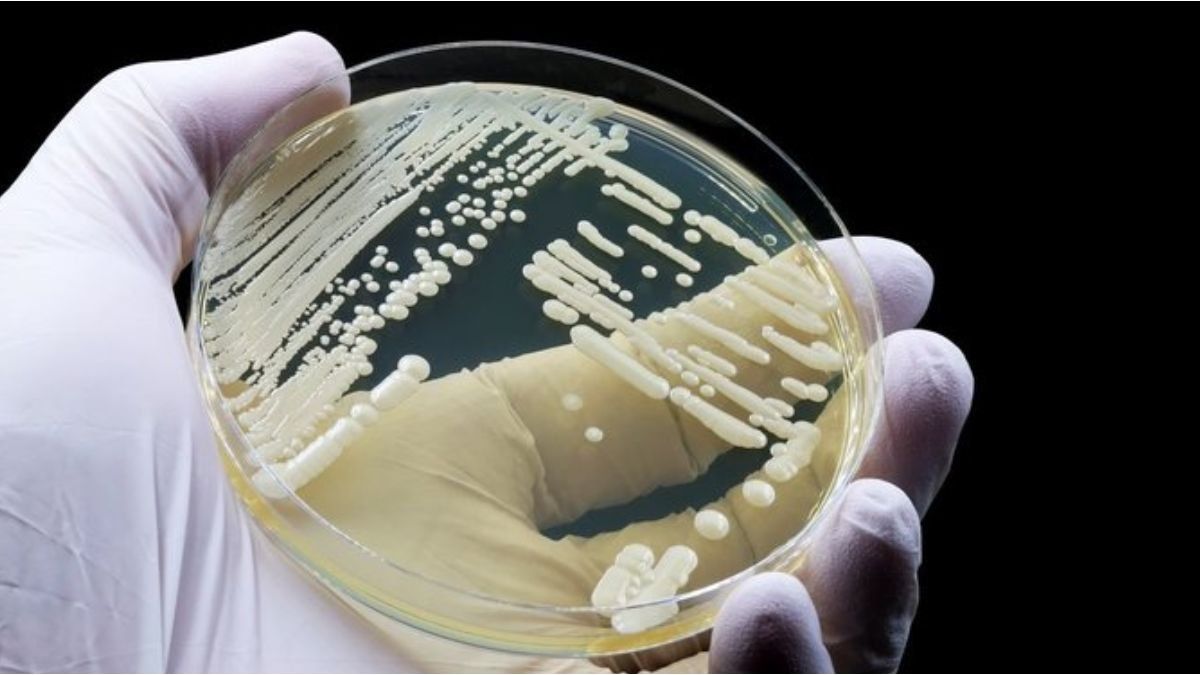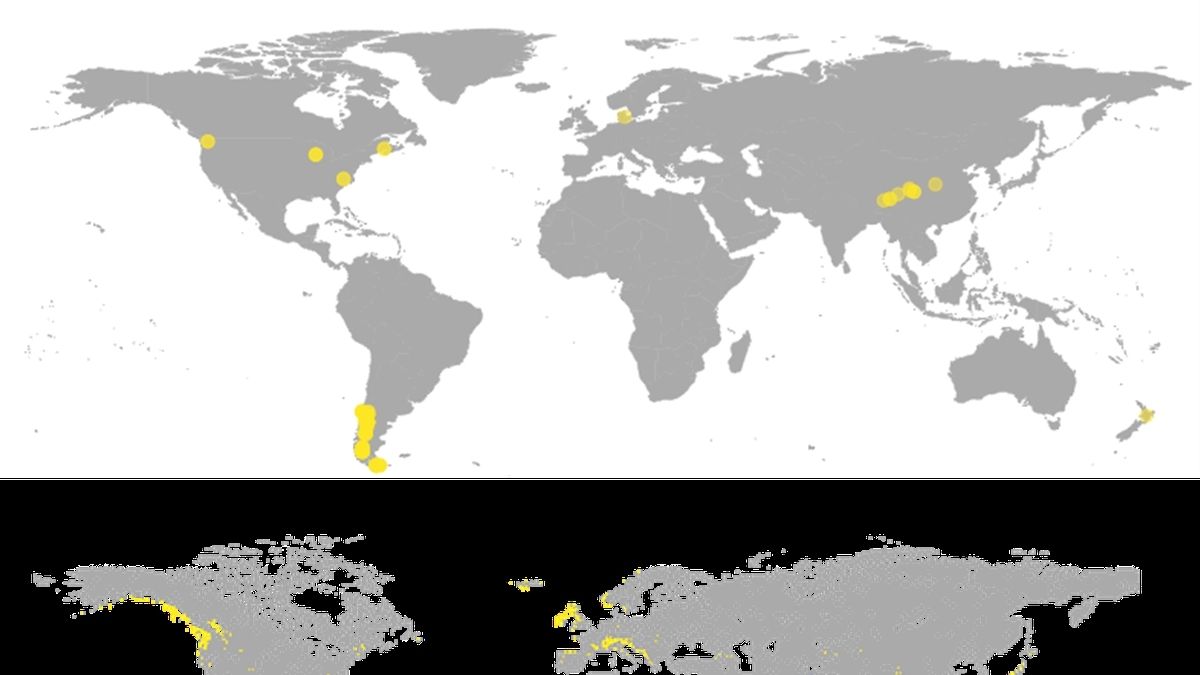




Fungal pathogens, including cryptic species that are difficult to identify, pose a significant threat to global health and food security. Diagnosing and treating fungal infections can be complex, but molecular typing has shown promise in accurate identification. Understanding the transmission and impact of fungal diseases requires examining patient populations, genetic backgrounds, and interactions with the host immune system. Exploring the human mycobiome and the role of non-pathogenic species can provide insights into disease severity and the emergence of pathogens. Establishing infrastructure for accurate diagnosis and surveillance is crucial in addressing the challenges posed by fungal pathogens. Integration of microbiome, pathogen, host genetics, and health records data can provide a comprehensive dataset for addressing these concerns. The article emphasizes the need for rapid and affordable diagnosis to reduce mortality rates. [8745bfb3]
Scientists at CSIRO have achieved a breakthrough in molecular plant pathology, developing a rapid gene-screening platform to identify new avirulence (Avr) effector genes in plant pathogens. This technology will have a huge impact on future pathogen-resistant crop development, enabling the selection of more disease-resistant crops and aiding efforts in pathogen surveillance. The researchers have already identified several new fungal Avr effector genes in the wheat stem rust pathogen, reducing the time for identification from years to months. The same technique can be applied to other crops and pathogens. Plant pathogens cause significant crop losses, with rust pathogens alone leading to annual losses of US$1 billion worldwide. The global food pathogen testing market is projected to grow at a CAGR of 9.2% during the forecast period (2023-2030). The increase in foodborne illnesses globally is driving the demand for food pathogen testing solutions. The leading causes of foodborne infections in the US are Salmonella, Campylobacter, Shigella, Cryptosporidium, and Shiga toxin Escherichia coli. Foodborne diseases are caused by food contamination and can occur at any point in the food production, delivery, and consumption chain. The rising awareness regarding the importance of high-quality food is expected to drive the global food pathogen testing market. [8d636594]
The breakthrough in molecular plant pathology by CSIRO offers new hope in boosting disease resistance in crops. The rapid gene-screening platform developed by CSIRO enables the identification of new avirulence (Avr) effector genes in plant pathogens, which will aid in the development of more disease-resistant crops. The researchers have successfully identified several new fungal Avr effector genes in the wheat stem rust pathogen, significantly reducing the time required for identification from years to months. This breakthrough technology can be applied to other crops and pathogens as well. Plant pathogens cause substantial crop losses, with rust pathogens alone resulting in annual losses of US$1 billion worldwide. The development of pathogen-resistant crops through this gene-screening platform will help mitigate these losses and contribute to global food security. [9badf557]
A recent study challenges traditional ecological beliefs by unveiling unconventional yeast distribution patterns in montane forests. Led by Kyle David, the study explores the distribution patterns of 186 yeast species across montane forest habitats, showcasing a significant shift in our understanding of species diversity. The study reveals that yeast species thrive in montane forests, contrary to the expected increase in diversity near the equator. The research also employs machine learning models to analyze the relationship between carbohydrate metabolism and species range, highlighting the specialist-generalist relationship. The study challenges established theories and opens up new avenues for understanding the evolutionary dynamics of yeast species. The comprehensive analysis of over 1,000 yeast genomes as part of the Y1000 project promises to unlock further insights into the metabolic and ecological functions of these microorganisms. The study serves as a pivotal moment in our quest to understand the natural world and highlights the importance of considering the unique ecological roles of microorganisms. [237adad6]
Two victims were infected with a resistant fungus called Rhodosporidiobolus fluvialis; the fungus became resistant to antifungal drugs and caused death in both cases. The fungus was first detected in the blood of a 61-year-old man in 2013 and an 85-year-old patient in 2016. The discovery of mutations in this specific strain is concerning due to the potential effects of climate change on fungal infections. Some strains of fungi have adapted to higher temperatures, suggesting that global warming may promote the evolution of this fungal pathogen. Experts warn that if fungi adapt to higher temperatures, it could pose a significant threat to human health. The World Health Organization estimates that 1.7 million people die each year from diseases caused by fungi, and this number could double in the future. The discovery of the drug-resistant fungus has caused fear in the scientific community. [f2bc46a1]